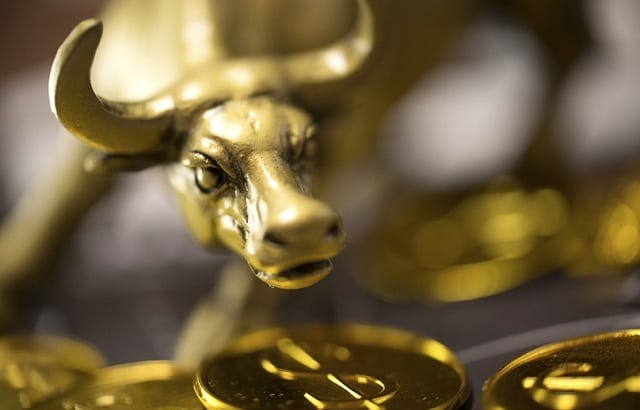Wintle, who recently launched the actively-managed VT Tyndall North American Fund, has built a bullish case for the US economy, batting off bearish claims that a long-running bull market will soon come to a crashing end.
Instead, self-confessed bull Wintle has argued a period of negative earnings per share (EPS) growth from late 2014 to mid-2016 was “the definition of a profits recession”.
“My point is we are actually at the beginning of a new cycle, not at the end of a very tired old one and that’s because we’ve had a profits recession already,” Wintle said.
S&P 500 reacts
EPS growth in the S&P 500 turned negative in June 2015 after slowing towards the tail end of 2014.
By December 2015 year-on-year EPS growth slumped to -15%, before slowly picking up and approaching 10% late last year according to Wintle’s analysis.
He said: “In my mind, the pull back that everyone is waiting for has actually happened. So, what is the risk to my bullish thesis? That recovery in earnings starts to decelerate. But I don’t think that is going to happen because corporate earnings are really strong, productivity is improving, margins are improving.
“My point is that this idea that we have been in a bull market since 2009, that it’s an extended cycle and it’s got to end soon, is actually wrong because we’ve had this enormous swing down already.”
The lack of movement in stock markets was down to the inflation of asset prices due to the Federal Reserve’s QE programme and holding of interest rates at rock-bottom levels.
Inflated asset prices
While Wintle argued there was a market downturn between mid-2014 and mid-2016, when the S&P 500 lost 15% and the likes of Germany’s DAX index was down 30%, central bank policy across the world ensured markets were “tidied over”.
“It has basically kept the market afloat. It was hoped QE and 0% interest rates would create inflation, which it didn’t, it was hoped it would create jobs, which it didn’t, and it was hoped it would create growth and it didn’t, but what it did do was inflate asset prices,” he added.
He said the positive economic signals suggest Janet Yellen will hike rates in December of this year.
“You’ve got to deal with the market you’re looking at rather than wish it had been something else,” Wintle said.
Wintle recently joined boutique firm Tyndall Investment Management after leaving Neptune last year, he launched his North American fund in July 2017.







